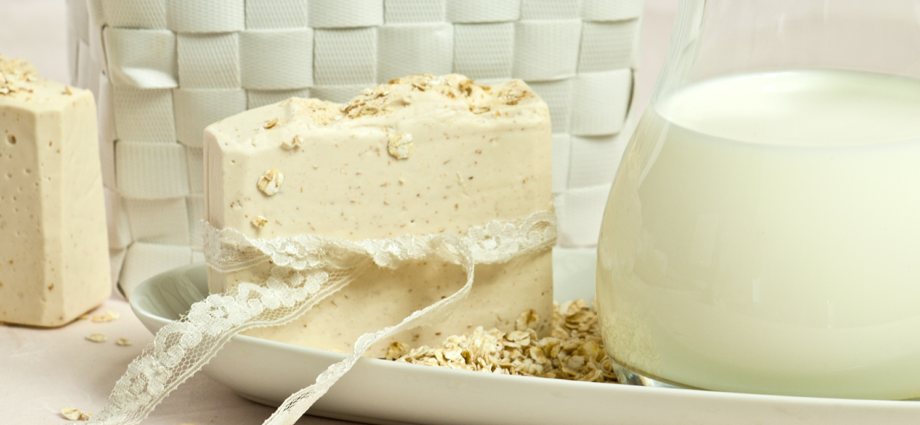Selling soap is something you can do to help increase your income, especially if you have mastered the art of making cold-process soap. Homemade soap is a wonderful product that many people are becoming aware of. Cold-process & hot-process soap are 2 types of soap that are truly and legitimately 100% pure and all natural. In this day and time, organic, pure and all-natural products are becoming more and more in demand.
You should be aware that more and more people are looking for eco-friendly solutions. Solutions that they can use to do their part in helping to keep the environment stable. If you are a soap maker, then you can take advantage of this need, by selling eco-friendly homemade soaps to the general public.
How Is Homemade Soap Eco-Friendly?
The best eco-friendly homemade soap, is one that is made with all natural ingredients and essential oils. If it includes synthetic ingredients (like chemicals and fragrance oils) then it’s not very eco-friendly.
Yet if it’s made using nothing but all natural ingredients like oils, butters and lye (yes lye is considered an all natural ingredient) then it’s deemed to be an all-natural product. What came from nature, thus goes back to nature, in a manner that actually helps the environment in many ways!
Here Are Just A Few Benefits Of Using All Natural Soap
- All natural soap is completely biodegradable
- Pure natural soap helps to balance the natural PH in the human body
- Homemade natural soap does not contain triclosan (a pesticide)
- Homemade soap will not contaminate drinking water
- They do not contain plastic micro beads (used as an exfoliating ingredient in many commercial bars)
Some Suggestions For Best Selling Soap
If you are going to sell the homemade soaps that you make, then you should follow these key principles:
- Will it go rancid in the heat? When selling at craft fairs and farmers markets, you must consider that the temperature will rise in the summer heat. Your soaps should be formulated where the heat will not cause them to sweat and go rancid.
- Does it have a long, stable shelf life? If someone purchases a bar of your soap in February, with the intention of giving it as a Christmas gift later that year, will your soap still be good come time to present the gift? What about after it has been stored for months in an environment that could be colder than normal, too hot, or even hot and humid?
- How does it leave the skin feeling? If someone purchases your soap, will they feel great after using it? Will it leave their skin feeling so silky clean that they are in absolute amazement at how wonderful they feel?
Pay Attention To the Packaging
There is a certain way you should label and package your soaps before you sell them. Soap is regulated by the CPSC (Consumer Product Safety Commission). The CPSC has labeling regulations that must be adhered to before you sell a single bar of soap.
If you soap makes any beauty claims, then it’s regulated by the FDA (Food & Drug Administration) as a cosmetic, which has many more regulations that must be adhered to.
There is a lot of information that pertains to labeling your soaps properly, you can learn more about this by enrolling in the free scents and beauty course (click here to enroll today).
Pricing Your Products
Pricing your products is not that difficult if you follow this one simple guideline. The best rule of thumb to follow is a simple calculation of ( C x 2 ) “cost times 2”
You take what it costs you to make the product, then multiply it by 2.
When figuring your costs, you do not count equipment (like molds, pots and blenders) because these things are built to last for more than just one or two batches.
You do count the cost for supplies, packaging, your labels and the time it takes for you to make the product. Of course if you pay yourself 100 dollars an hour, and it takes you 6 hours to make a batch of 20 bars, then you will not sell many bars of your soap.
You should always use common sense when pricing your goods.
For Example: I pay myself a rate of $22.00 an hour. I can make, cut, and package one loaf of soap (20 bars) within an hour. So I would take the total cost of the supplies, add 22 dollars to that, then multiply that times 2 to get a set large figure.
This is how much I charge for that loaf of soap. I then take that figure and divide it by 20, to get the proper cost per individual bar.
Start Selling
This covers the bare basics of selling homemade soap at craft fairs and farmers markets. Of course, there may be laws applicable in your area that are requirements too. Some areas require a business license, and product liability insurance is of course something you should also consider.
If you desire to know more about selling your homemade soaps at craft fairs, farmers market or even online, then don’t forget to enroll in the free scents & beauty course! Click here to do that now! Then you can brainstorm with me in the Scents Course forums at BeautyOc.com! I look forward to communicating with you there!

